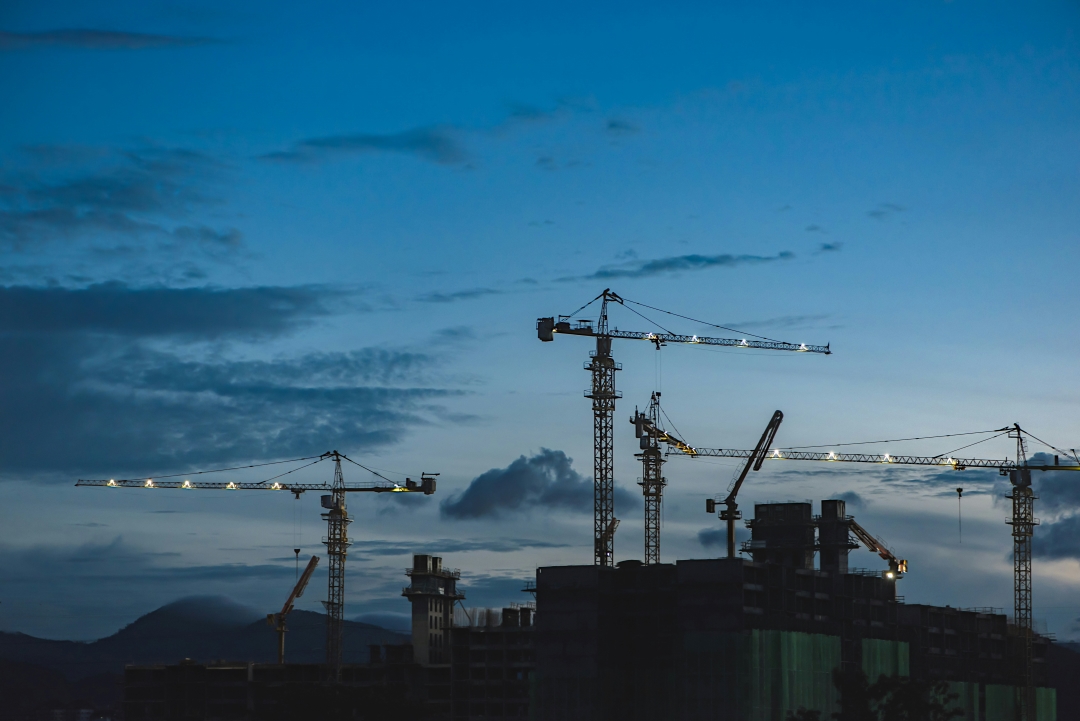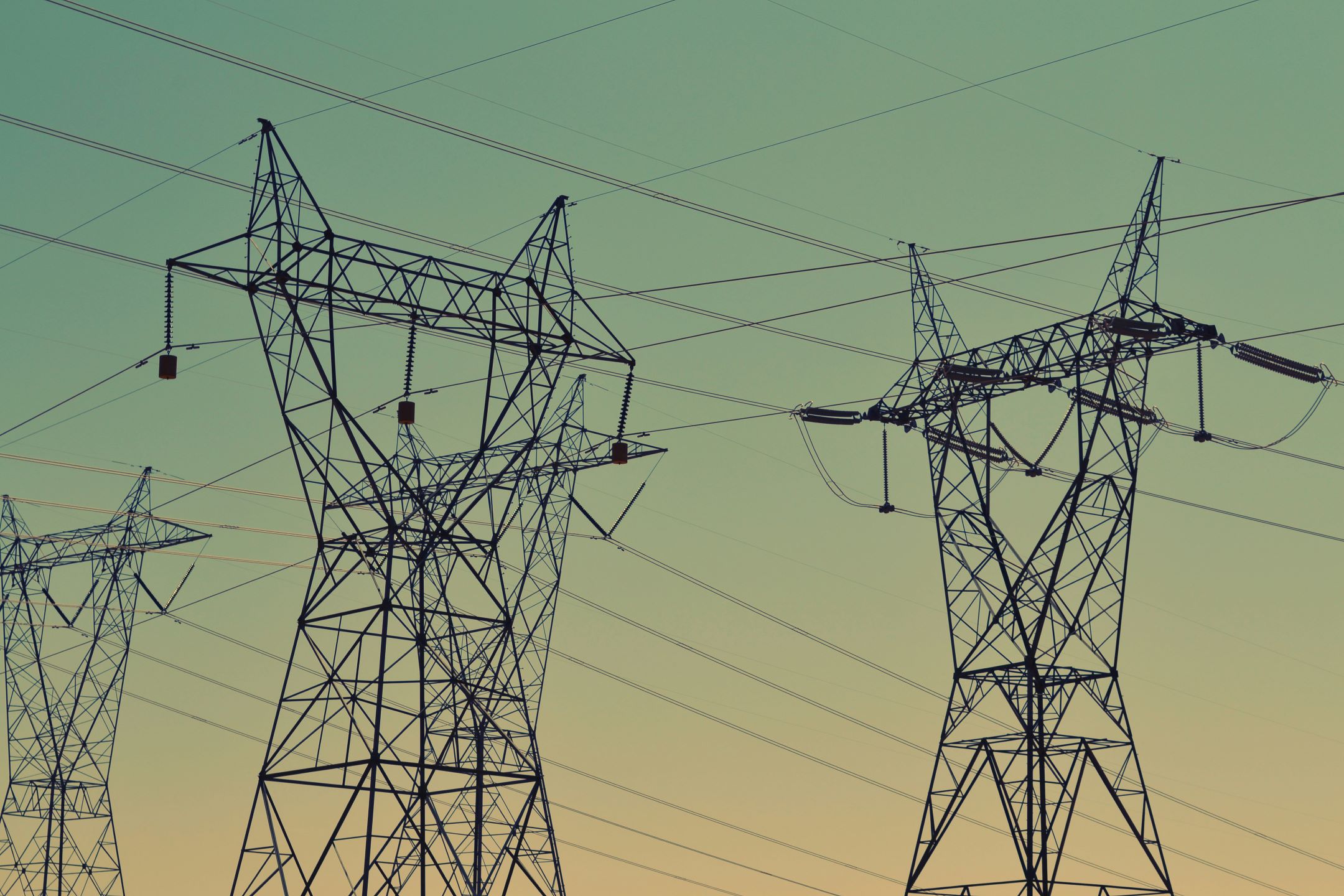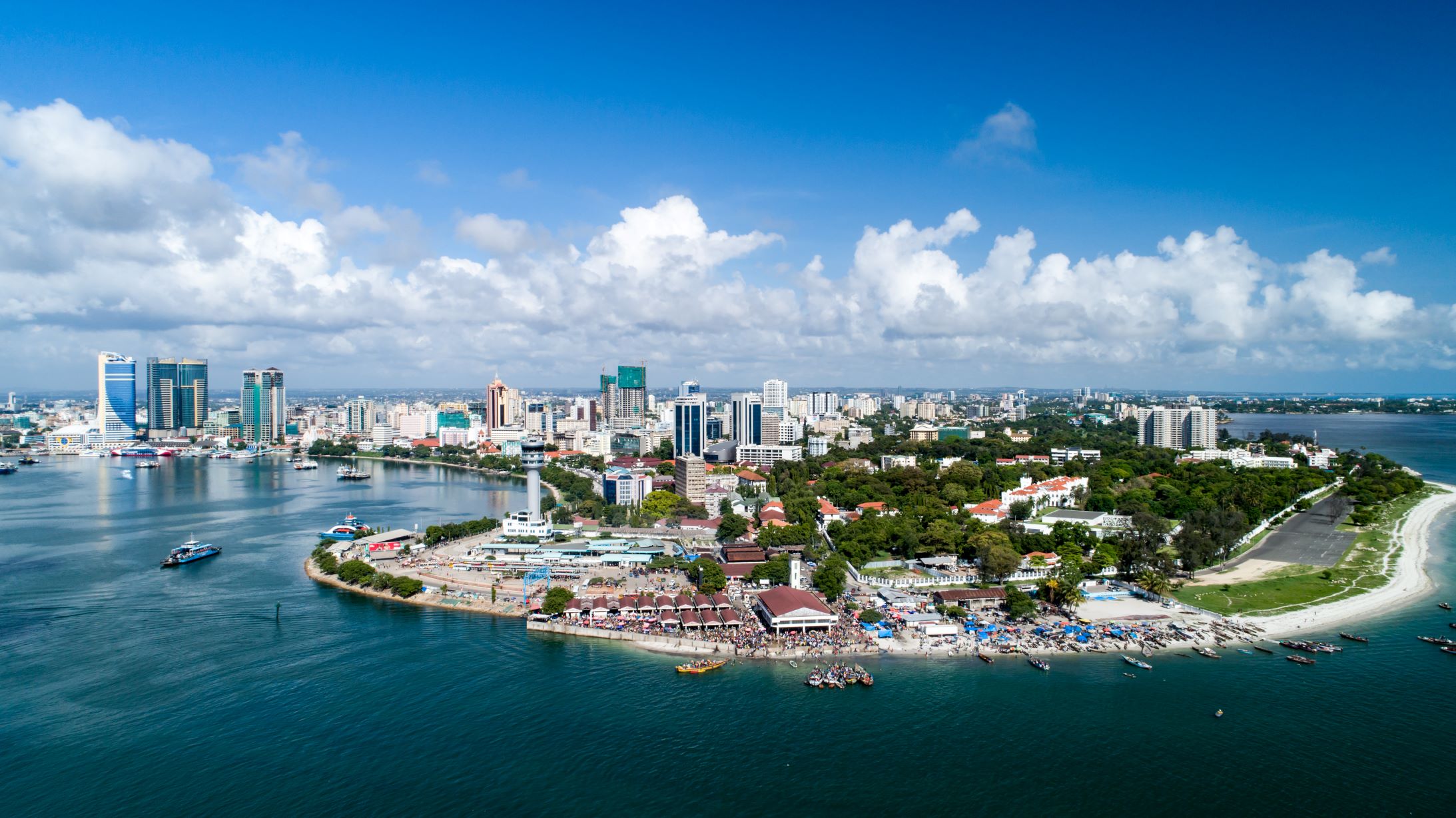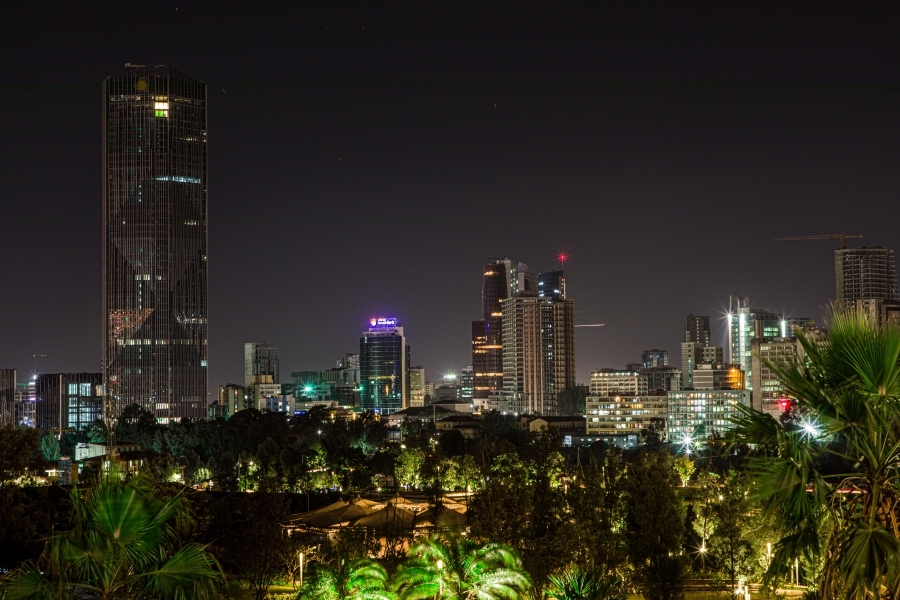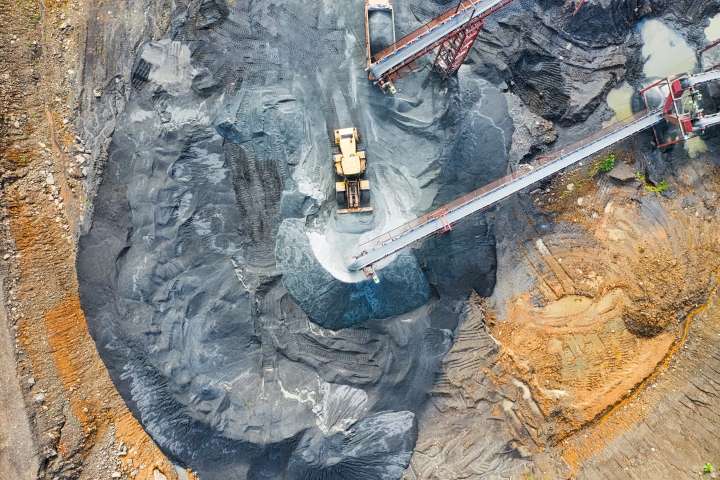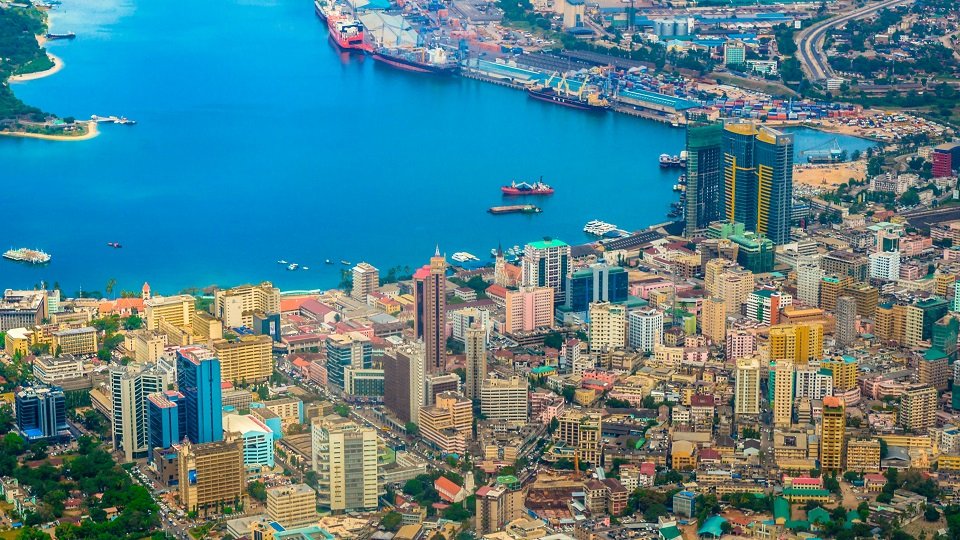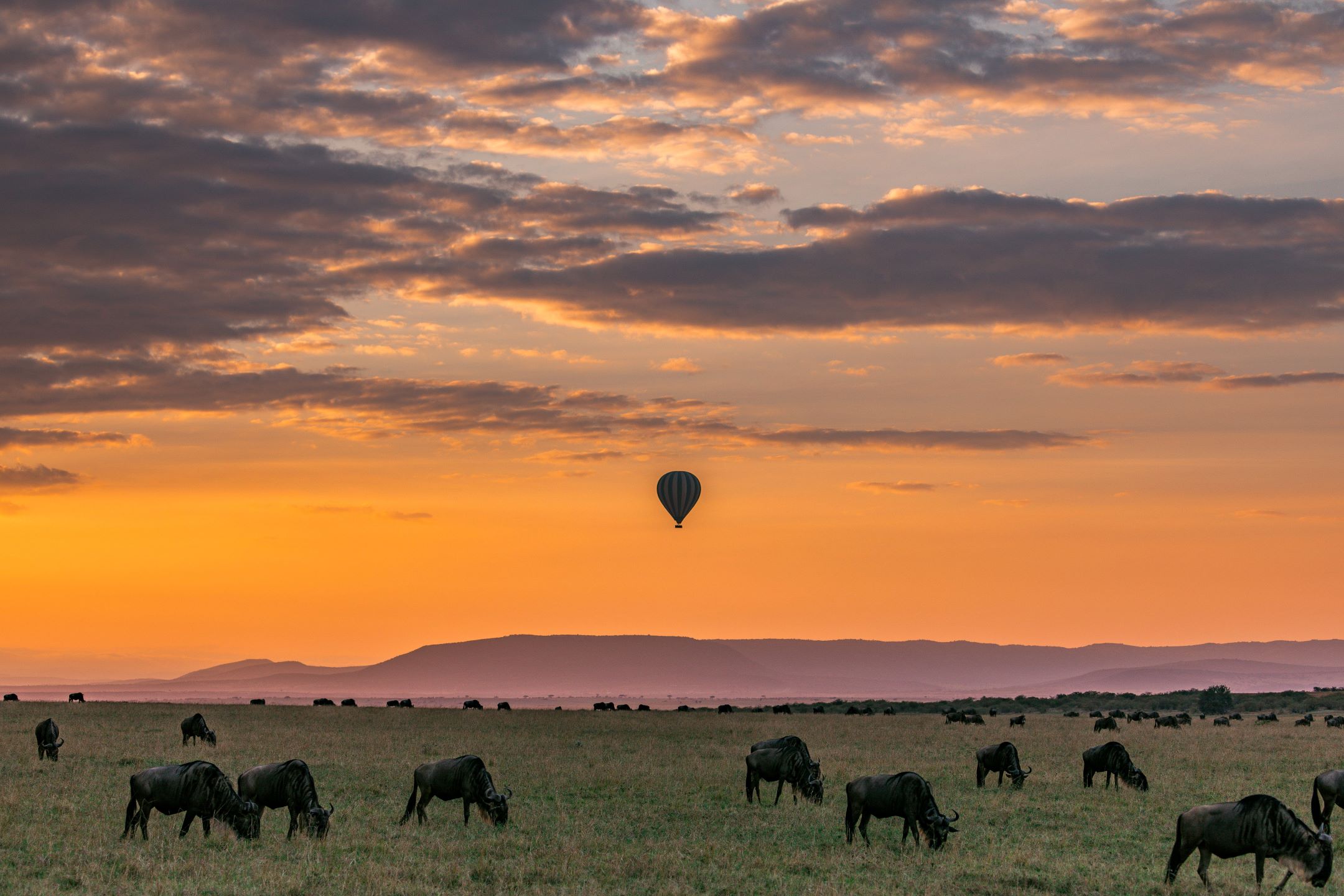Africa’s population growth continues to soar, and it is expected to reach approximately 2.5 billion by 2050, according to the United Nations, meaning the continent will be home to 25 percent of the global population. This projected population growth will increase demand for infrastructure, energy and real estate projects, mostly in the major cities. Economic hubs, including Cairo, Lagos, Luanda, Dar es Salaam, Nairobi, and Addis Ababa, are home to over 65 million people, a figure set to rise to 100 million by 2030. These cities and others will enter their next phase of growth, which will be major pillars unleashing a wealth of investment opportunities in the sector.
News type: Africa Bulletin
Stories that Matter | April 2024
Africa
World Bank Project to Connect 300 Million Africans to Electricity by 2030
The World Bank Group in partnership with the African Development Bank (AfDB) are aiming to provide at least 300 million people in Africa with access to electricity by 2030. The Washington DC-based institution will work to connect 250 million people to electricity through renewable energy systems while the AfDB will support 50 million people, but the project will require substantial investment.
It is estimated that USD 30 billion of public sector investment will be needed to carry out the ambitious project. The International Development Association (IDA), a branch of the World Bank that provides low-income developing countries with funding, is set to provide USD 20 billion for the project, with the remaining USD 10 billion expected to come from other public money. The World Bank is also hoping that the private sector will contribute to funding efforts. Furthermore, the Bank insists that African governments will need to put in place policies that attract private investment, and reform their utilities.
Source: African Business
State of Africa’s Fintech: Reshaping Financial Inclusion for Sustainable Economic Growth
The growth of financial technology (Fintech) in Africa continues to be revolutionary in how businesses and individuals make payments, access credit, and manage their money. Most significantly, fintech has been instrumental in promoting financial inclusion, especially due to the lack of the effectiveness of, overload on and limited number of traditional banking systems, leading to significant financial sector gaps. The advent of mobile money solutions and digital payment platforms has democratised access to financial instruments, providing millions of Africans with access to payments and lending services. Innovation and market needs are also critical in providing solutions to clients at all levels.
Stories that Matter | March 2024
East Africa
Region Looks to Tanzania’s Mega Project to Plug Regional Electricity Gap
East Africa’s electricity supply is set for a boost once the Julius Nyerere Hydropower Project goes online. At the 16th meeting of the Sectoral Council of Ministers on Energy recently held in Arusha, the ministers said the 2,115MW, USD 2.9 billion project across the Rufiji River will be a game-changer in the region. The project is part of Tanzania’s power master plan that aims to interconnect the Tanzania, Kenya, Uganda and Zambia grids. “Energy plays a critical role in industrial development and investment promotion…and this project is a milestone that will reduce the deficit of electricity not only in Tanzania but in the entire region,” said Shaib Hassan Kaduara, Minister of Water, Energy and Minerals of Zanzibar.
According to the International Energy Agency, more than 800 million people – 11 percent of the world’s population – live without reliable electricity. Some 600 million live in Sub-Saharan Africa, and about 82 million live in Kenya, Tanzania, and Uganda. At the sectoral meeting, partner states reported that investments in wind and solar energy infrastructure were also underway, from Burundi’s solar mini-grids to Kenya’s wind and solar projects aimed at increasing renewable energy contributions to the national grids.
Source: The East African
Unlocking Africa’s Project Finance: Opportunities and Strategies for Sustainable Growth
Africa’s diverse economies and rapidly growing industries present a dual landscape of opportunities and challenges for project finance. The continent’s economic growth hinges significantly on robust infrastructure, affecting various sectors and reducing the cost of doing business. As Africa expands, the demand for strategic infrastructural projects to foster regional integration and diversify economies intensifies, particularly in energy and infrastructure sectors rich in natural resources.
Stories that Matter | February 2024
Africa
Africa, Italy Announce USD 6 Billion Plan to Strengthen Partnership
The government of Italy recently unveiled a USD 6 billion plan to support African development at the Italy-Africa summit in Rome. The summit – which took place as Italy assumes the Presidency of the G7 this month and a few weeks ahead of the 37th Ordinary Assembly of the African Union in Addis Ababa – was one at which Italian Prime Minister Georgia Meloni called for a new Italian partnership with Africa.
Meloni said: “We believe it is possible to envision and write a new chapter in the history of our relationship, cooperation among equals, far from any predatory imposition or charitable stance towards Africa. Italy is naturally inclined to be a bridge between Africa and Europe. The whole world cannot think about the future without Africa.” The Italian leader announced various initiatives to bolster economic links and create an energy hub for Europe while curbing African emigration to Europe. They included an initial pledge of USD 5.95 billion, including guarantees.
Source: AfDB
Advancing Dispute Resolution in Africa: A Shift to Arbitration and Mediation
Africa has traditionally relied on litigation for dispute resolution, but there is a growing trend toward the use of alternative mechanisms such as arbitration and mediation. Notably, South Africa, Kenya, Nigeria, Egypt, and Rwanda have established arbitration centres, with Cairo and Johannesburg being recognised as the most popular arbitral seats on the continent, according to a 2020 survey conducted by SOAS University of London.
Stories that Matter | January 2024
Africa
African Fintech Markets to Hit USD 65 Billion in Six Years
With possible increases in the levels of work, investments, and policies, Africa’s fintech market is expected to see massive growth in another six years, taking it to USD 65 billion. By 2030, Africa’s fintech revenue is projected to see a compound yearly growth rate of 32 percent. Then, the African fintech market will be worth around USD 65 billion, according to a recent report by Boston Consulting Group (BCG) and QED Investors. The report found that South Africa, Nigeria, Kenya and Egypt lead the fintech race in Africa.
This is partly due to a lack of legacy infrastructure holding these countries back from exploring new financial ecosystems to serve under-banked and unbanked citizens. Less than 500 million people in Africa are unbanked, whereas just over 410 million are underbanked. Caio Anteghini, partner at BCG Johannesburg, said: “Fintech could be the vehicle to solve the access issue, with smartphones presenting major opportunities in payments and lending for regional champions with full-stack attacker models.” BCG explained that Africa is currently winning the growth race for fintech, with a predicted 13 times growth to be achieved by 2030. The continent is followed by Latin America, with a 12.5 times growth rate.
Source: The Guardian
Revolutionising the Future of African Trade through the Pan-African Payment and Settlement System
As The African Continental Free Trade Area (AfCFTA) advances through various negotiation phases, several stakeholders have introduced operational tools to facilitate its implementation. One of these tools is the Pan-African Payment and Settlement System (PAPSS), which aims to play a key role in unlocking trade with AfCFTA. PAPSS, which hopes to achieve full Central Bank participation by year-end, recently welcomed the Central Bank of Kenya, making it the tenth African Central Bank to join the platform.
“PAPSS stands at the forefront of African trade, linking nations and central banks, eliminating barriers with instant payments in local currencies. As it expands its network, it plays a pivotal role in the realisation of The African Continental Free Trade Area (AfCFTA), fostering financial integration and efficiency across the continent.” – Tonye Krukrubo SAN, Partner, Aluko & Oyebode (ALN firm in Nigeria)
Stories that Matter | December 2023
Africa
World Bank to Allocate USD 5 Billion to Provide Electricity for 100 Million Africans
The World Bank has announced that it has concluded plans to allocate USD 5 billion to bring electricity to 100 million people in Africa by the end of the decade (2030). This was made known by the President of the World Bank, Ajay Banga, while delivering his speech at the mid-term review of the International Development Association (IDA)’s USD 93 billion replenishment package in Zanzibar, Tanzania.
Banga highlighted the ambition as an example of how he plans to wield funds from the bank’s IDA, which provides zero- or low-interest loans to low-income countries, and why donor countries need to provide support. The current, 20th IDA funding round is due to be completed on 30 June 30, 2025, with the Zanzibar conference aimed at adding to that funding. Banga used to launch his campaign for the subsequent round of funding to exceed USD 93 billion.
Source: Nairametrics
